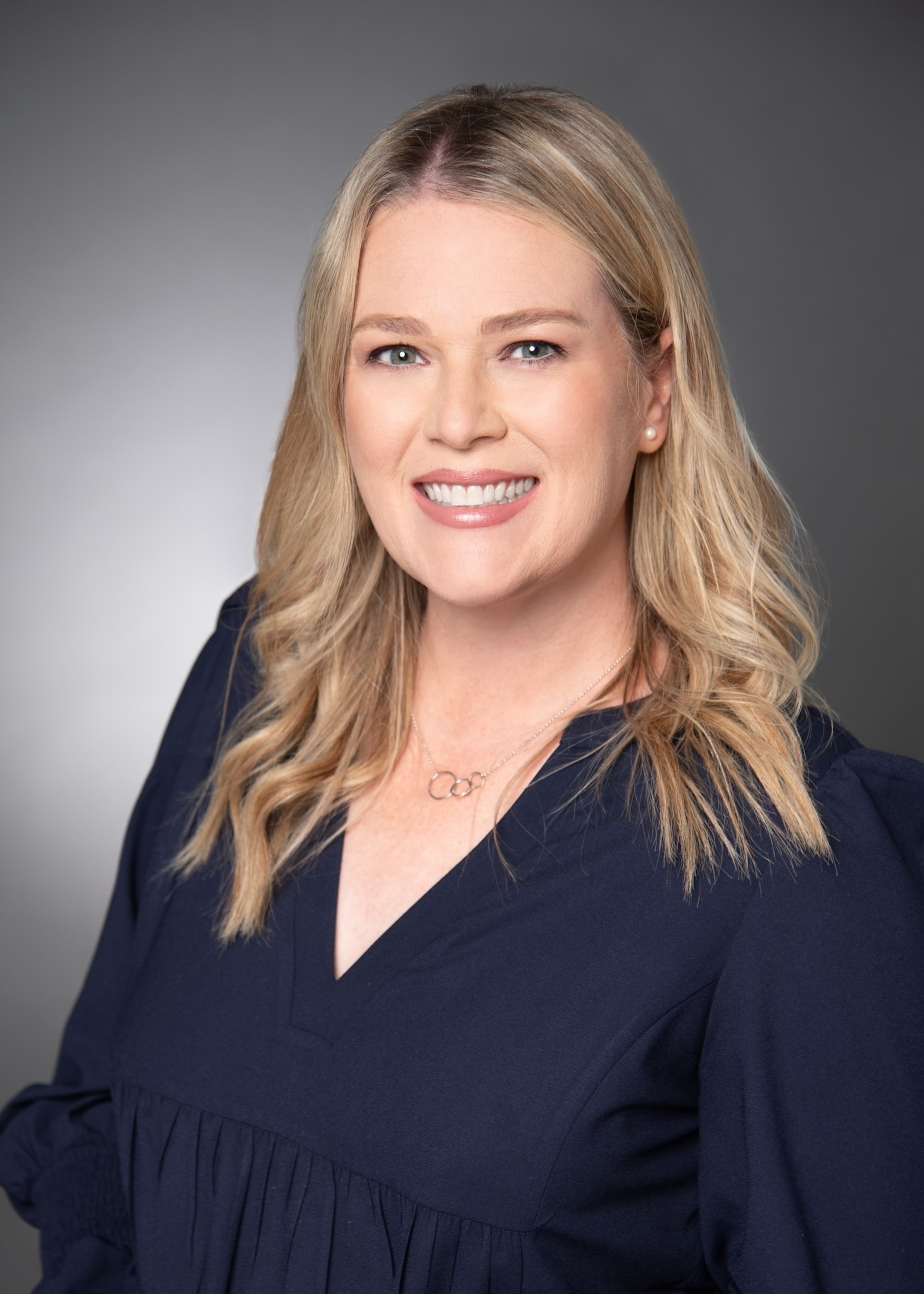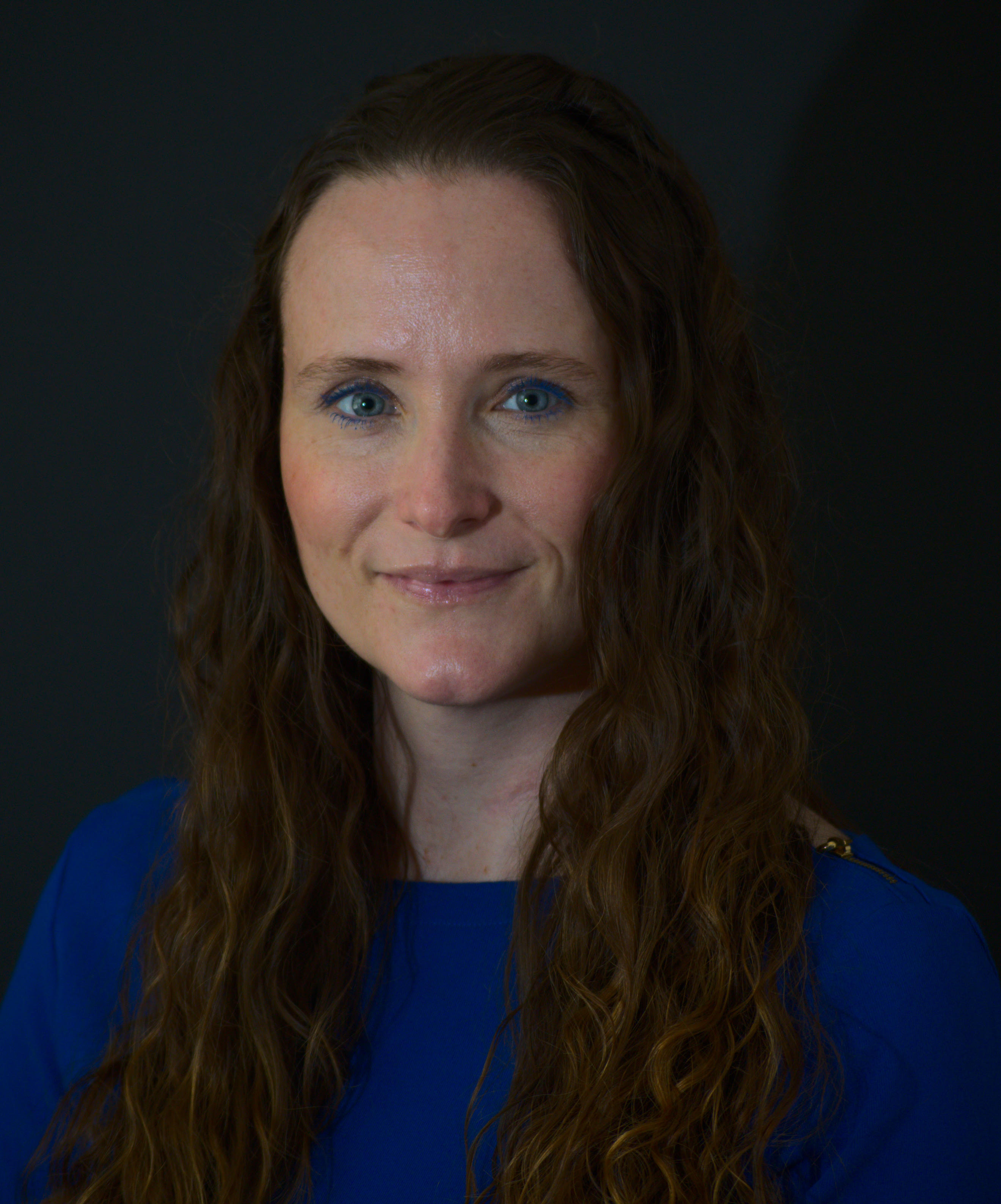Master of Education with a Major in Professional Counseling, Clinical Mental Health
The Master of Education (M.Ed.) in Professional Counseling is designed for graduate students preparing for employment as professional counselors in schools, community agencies, and colleges or universities. Two options of study, School Counseling and Clinical and Mental Health Counseling, are available.
For more information, please see the Academic Catalog. A program sheet, which provides a required coursework sequence, is available for download in the Courses tab below.
The M.Ed. in Professional Counseling is designed for graduate students preparing for employment as professional counselors in schools, community and clinical agencies, and colleges/universities. Two options of study, School Counseling and Clinical Mental Health Counseling, are available. The School Counseling program consists of a minimum of 60 semester hours (2 years or 6 semesters of full-time study). The Clinical Mental Health Counseling program consists of a minimum of 60 semester hours (2-1/2 years or 7 semesters of full-time study). A student will receive faculty endorsement only for the relevant option and plan of study completed.
Program Outcome Data
During Academic Year 2024/2025, the University of West Georgia M.Ed. in Professional Counseling (Clinical Mental Health Counseling concentration) had 63 active majors and 14 graduates. Our graduates consistently achieve high pass rates on the national counselor preparation, licensing and certification examinations. Of the reported scores, our graduates achieved the following pass rates on the 2024/2025 administrations of the National Counselor Examination (NCE): 79%. Of the admitted students to the CMHC program in 2022, we have a completion rate of approximately 94 %, and a job placement rate of approximately 100%.
Program Handbook: MED Professional Counseling Graduate Student Handbook
Program Location
Carrollton Campus
Method of Delivery
Program is partly online and is housed at the UWG main campus in Carrollton, GA.
Accreditation
The University of West Georgia is accredited by The Southern Association of Colleges and Schools Commission on Colleges (SACSCOC).
This program is accredited by the Council for Accreditation of Counseling & Related Educational Programs (CACREP).
Credit and transfer
Total semester hours required: 60
A transfer credit evaluation will be completed by the UWG Transfer Team (transfer@westga.edu). Course application to a program is subject to review by the department.
Graduate students may be able to reduce their cost through prior learning, previous degrees earned at UWG, or transfer credits. We have created a tool to help students estimate their tuition costs.
Program is partly online and is housed at the UWG main campus in Carrollton, GA.
This program may be earned more than 50% online but not entirely online - multiple campus visits are required (varying by course).
Save money
UWG is often ranked as one of the most affordable accredited university of its kind, regardless of the method of delivery chosen. In addition, online courses and programs can mean a cost-savings in many non-evident ways: No more high gas charges. No childcare needed. The flexibility can allow one to maintain a job while attending school. Regardless of state residency, out-of-state non-resident students are not charged non-resident tuition for online course credit hours.
Details
- Total tuition costs and fees may vary, depending on the instructional method of the courses in which the student chooses to enroll.
- The more courses a student takes in a single term, the more they will typically save in fees and total cost.
- Face-to-Face or partially online courses are charged at the general tuition rate and all mandatory campus fees, based on the student's residency (non-residents are charged at a higher rate).
- Fully or entirely online course tuition rates and fees my vary depending on the program. Students enrolled in exclusively online courses do not pay non-Resident rates.
- Together this means that GA residents pay about the same if they take all face-to-face or partially online courses as they do if they take only fully online courses exclusively; while non-residents save money by taking fully online courses.
- One word of caution: If a student takes a combination of face-to-face and online courses in a single term, they will pay both all mandatory campus fees and the higher eTuition rate.
- For the cost information, as well as payment deadlines, see the Student Accounts and Billing Services website
There are a variety of financial assistance options for students, including scholarships and work study programs. Visit the Office of Financial Aid's website for more information.
Coursework
Program is partly online and is housed at the UWG main campus in Carrollton, GA.
Downloads
General
An introduction to selected, prominent counseling theories. Focus is on relating theory to practice and on comparing and contrasting the key concepts, techniques, counselor and client roles, counselor-client relationships, methods of assessment and the contributions and limitations of each theory.
An application of selected, prominent counseling theories with emphasis placed upon short-term therapies. Focus is on the practical application of foundational theories and skill building through practice and feedback to develop professional strengths in applying the counseling theories/techniques/skills to practical situations.
An overview of basic, therapeutic interviewing skill building through practice and feedback to develop personal strengths in counseling. This course also provides students with an orientation to professional counseling organizations, the developmental history of the counseling profession, as well as ethical, legal and professional issues.
This foundational course provides an overview of clinical mental health counseling including theoretical and historical foundations of the profession; education, credentialing and practice issues; roles and functions of clinical mental health counselors in various practice settings; contemporary issues and trends; professional issues that affect clinical mental health counselors; and management of clinical mental health services.
Methods for the assessment of individuals in counseling will be taught, including clinical interviewing techniques, mental status exam, use of the APA Diagnostic and Statistical Manual (DSM), test selection, administration, scoring, interpretation, and reporting of results. Selection and interpretation of assessment tools appropriate for community and school settings will be addressed.
Studies that provide both theoretical and experiential understandings of group purpose, development, dynamics, counseling theories, group counseling methods and skills, and other group approaches. This course also includes 10 hours of experience as a group member.
The counseling internship is designed to give candidates an opportunity to continue integrating and applying the awareness, knowledge, and skills learned throughout the counseling training program. Candidates will deliver counseling services in a field setting, and receive supervision of their work in biweekly group seminars for discussion of on-site issues, ethical issues, professional development, tape presentations, in-service training, and participation in peer supervision. A minimum of 600 on-site hours (240 direct service) for internship is required. CEPD 6182 Prerequisites: CEPD 6188 and College of Education Field Experience Application approval required.
This course emphasizes supervision of individual and group counseling and guidance conducted in field settings. Special attention is paid to the development of skills, interventions, and brokering of services. The foundation for the course is brief counseling approaches. A return to campus for individual supervision is a requirement of the course. A minimum of 150 hours is required. CEPD 6188 Prerequisites: CEPD 6131, CEPD 6140, CEPD 6160 and College of Education Field Experience Application approval is required.
This graduate course is a study of human growth and development from birth through aging and death. The course focuses on areas of physical, cognitive, social, personality, and emotional development as a series of progressive changes resulting from the biological being's interactions with the environment. Special emphasis is placed on the development characteristics of school age youth within a multicultural and diverse society.
This course is designed to give an overview and provide an understanding of abnormal behavior in the context of the diagnostic categories as described in the most recent edition of the Diagnostic and Statistical Manual of Mental Disorder (5th Ed.) [DSM-5] and the diagnostic system. Particular emphasis will be placed on the processes of assessment, diagnosis, and treatment of mental and emotional disorders and factors influencing these.
This course is designed to help students in a master's level or higher curriculum become competent in the use of educational and occupational information in counseling-related activities. Particular emphasis will be placed on how information is processed in planning, establishing and managing careers from a life-span perspective.
This course provides an overview of the nature of family systems relationships and family development. Particular emphasis will be given to the theory and practice of marital and family therapy. Students will examine both theoretical and empirical elements of family counseling which can be applied to marriage and family systems.
An examination of selected issues relevant to understanding multicultural lifespan differences, counseling process and practice.
Studies that provide an understanding of professional roles and functioning of counselors and the application of ethical and legal considerations in professional counseling.
This course emphasizes 'theory to practice' by providing experiences that allow students to assess and develop their personal leadership while emphasizing the values, knowledge and skills required for effective advocacy and brokering of services through consultation and collaboration Special emphasis is placed on the development of skills in planning, organizing, coordinating and delivering programs that generate systematic change. Use of data to identify needs, remove barriers and mobilize resources from schools and communities in order to increase options for students and clients are primary themes throughout the course.
This course is designed to provide counselors with the research knowledge and skills necessary to evaluate individual and group counseling interventions, as well as educational programs. An emphasis will be placed on the collection and use of quantitative and qualitative data to evaluate programs. Counselors in training will also learn how to communicate data and findings to others to effect change and to act as advocates for students/clients.
This course provides an introduction to the theory and practice of crisis intervention and trauma counseling. Students will be prepared to recognize, understand, and respond to the needs of individuals who are experiencing or have experienced individual, family, or community level crises, disasters, or trauma.
This course is designed for counselors and other human service providers working in a variety of settings, including schools, community agencies, private practices, and hospitals. Topics covered include the classification of drugs and their effects on users; various models of addiction; the use of assessment, diagnosis, and prevention strategies with individuals, families, and groups; relapse prevention; and legal, ethical and multicultural issues associated with addictions work.

Carey C. Crawford
Assistant Professor
Morgan Jenkins, PhD, LPC, ACS
Clinical Assistant Professor
Kyndel Tarziers
Assistant Professor
Julia Whisenhunt, Ph.D., LPC, NCC, CPCS
Professor of Counselor Education & Assistant Department Chair of CHSGuidelines for Admittance
- All graduate applicants must complete the online Graduate Application. A current application fee of $55 is required.
- Applicants should also review the Graduate Studies Website for individual program specific requirements and tasks that must be completed prior to admission. See Graduate Studies Application Process.
- International applicants are subject to additional requirements and application deadlines. See Procedures for International Students.
- Official transcripts from a regionally or nationally accredited institution are required and should be sent directly to the UWG Admissions Office.
Program Specific Admittance Guidelines
The admission process begins with application to Graduate Studies. The application and all materials are submitted to Graduate Admissions. Files will be reviewed in the department only after all materials are received. Admissions to the M.Ed. Professional Counseling Clinical Mental Health are in fall semester.
- Minimum 2.7 undergraduate GPA
- Resume
- Personal Statement: In 3 - 5 pages, please discuss reasons for applying to the program, an analysis of personal strengths and weaknesses, and relate them to a discussion of a current issue in counseling and how this program will prepare you to address the issue in your career.
- Interview with faculty (after admission file is complete). This interview will focus on the assessment of factors such as emotional maturity, professional related experience, readiness for the program, life experiences, attitude, compatibility with department goals, and communication/interpersonal skills.
Application Deadlines
Specific program deadlines are available via the Deadlines page.
Admission Process Checklist
The Graduate Studies Application Process checklist is available here
One exception: If you will not ever be traveling to a UWG campus or site, you may apply for an Immunization Exemption. Contact the Immunization Clerk with your request.
Contact
Dr. Morgan Jenkins
mjenkins@westga.edu
678-839-6161
Graduate Admissions
Phone: 678-839-1394
Fax: 678-839-1395
graduate@westga.edu
Specific dates for Admissions (Undergraduate Only), Financial Aid, Fee Payment, Registration, Start/End of Term Dates, Final Exams, etc. are available in THE SCOOP.
Specific Graduate Admissions Deadlines are available via the Graduate School
Mission Statement:
The Counselor Education Program at the University of West Georgia provides educational excellence in a personal environment through:
- challenging and supporting personal and professional development of students and faculty;
- promoting evidence-based practice;
- teaching from a knowledge base grounded in research;
- affirming diversity of ideas, values and persons;
- upholding the highest ethical principles in professional conduct;
- communicating new knowledge and ideas through applied research; and
- engaging in collaborative relationships with colleagues, institutions, and communities.
We are committed to the education of exemplary practitioners through adherence to the highest professional preparation standards.
Learning Objectives:
(1) Candidates will demonstrate professional dispositions consistent with the field of professional counseling, as measured by an average rating of "proficient" or higher on a summative administration of the Professional Dispositions and Behaviors Rubric.
(2) Candicates will demonstrate professional skills consistent with the filed of professional counseling, as measured by an average rating of "proficient" or higher on a summative administration of the Field Placement Evaluation.
(3) Candidates will know the major concepts, theories, and practices articulated in current counselor preparation standards, as measured by a passing score on the Counselor Preparation Comprehensive Examination (CPCE).
